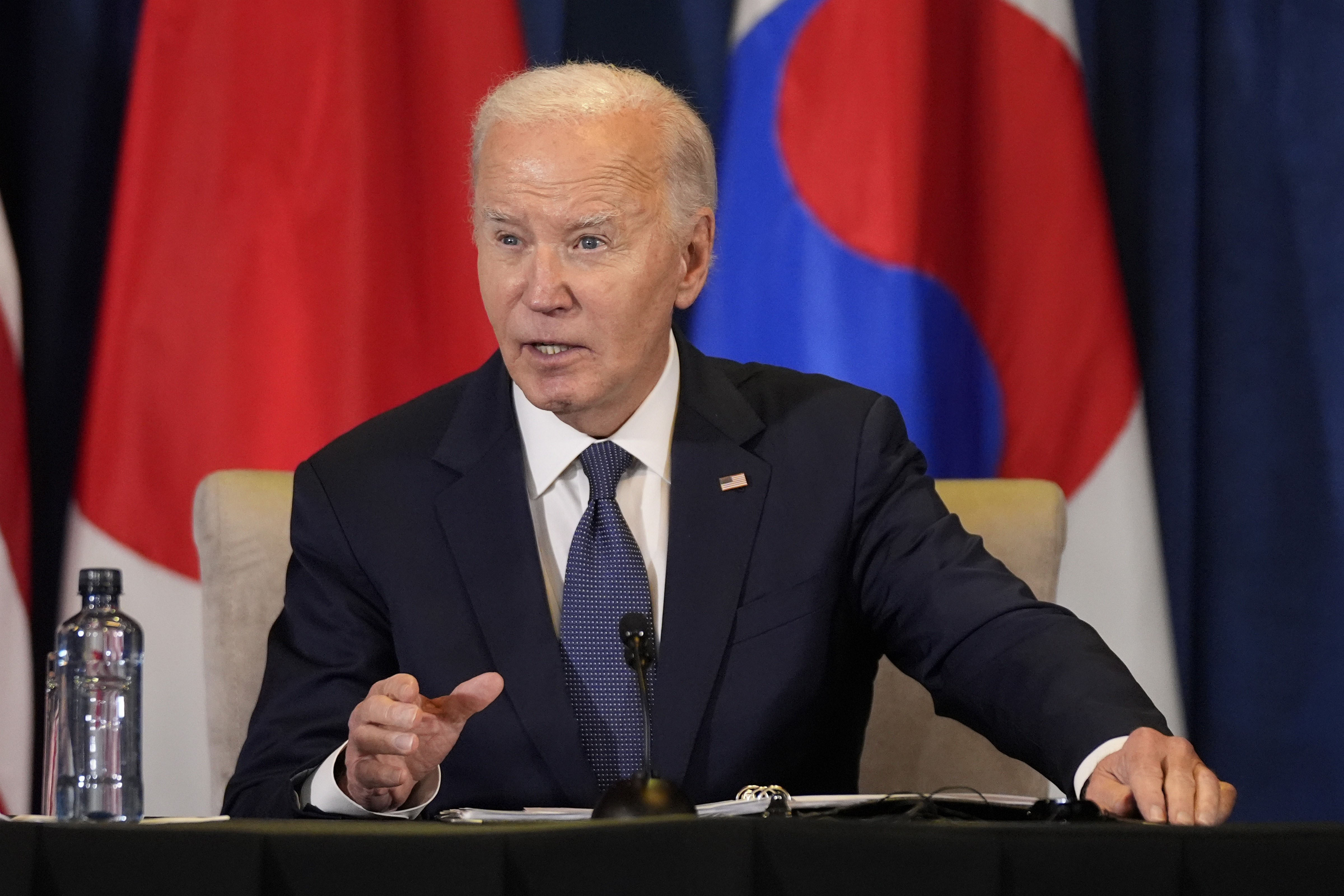
Four ways the Ukraine war has impacted the Middle East
CNNEditor’s Note: A version of this story first appeared in CNN’s Meanwhile in the Middle East newsletter, a three-times-a-week look inside the region’s biggest stories. The International Monetary Fund predicts that the Middle East’s oil exporting states will make an additional $1.3 trillion in oil revenue in the next four years, it told the Financial Times last week. In a Washington Post op-ed justifying his trip to Saudi Arabia, President Biden said he was putting the US in the “best possible position to outcompete China.” Food and inflation crises raise tensions Much of the world felt the impact of grain shipment disruptions following the invasion of Ukraine, but the Middle East was among the hardest hit. Ukraine’s grain exports resumed in late July following a UN-brokered deal between Kyiv and Moscow, and global food prices have stabilized since, but many in the Middle East are still waiting for stalled shipments. The strikes targeted “infrastructure facilities used by groups affiliated with Iran’s Islamic Revolutionary Guard Corps.” No one was killed in the attack, according to an initial assessment by the US military, but a Syrian activist group said at least 10 people were killed and three were wounded.
History of this topic

Analysis: The Russia-Ukraine war and the view from Saudi Arabia
Al JazeeraDiscover Related


)





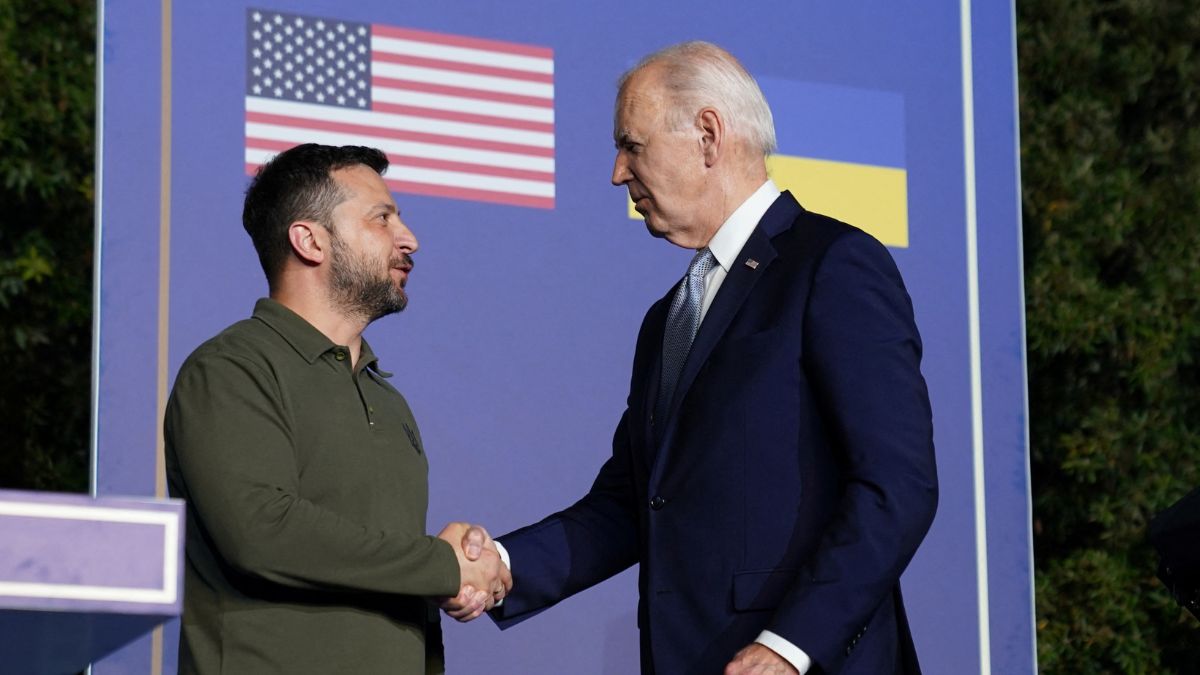)



)


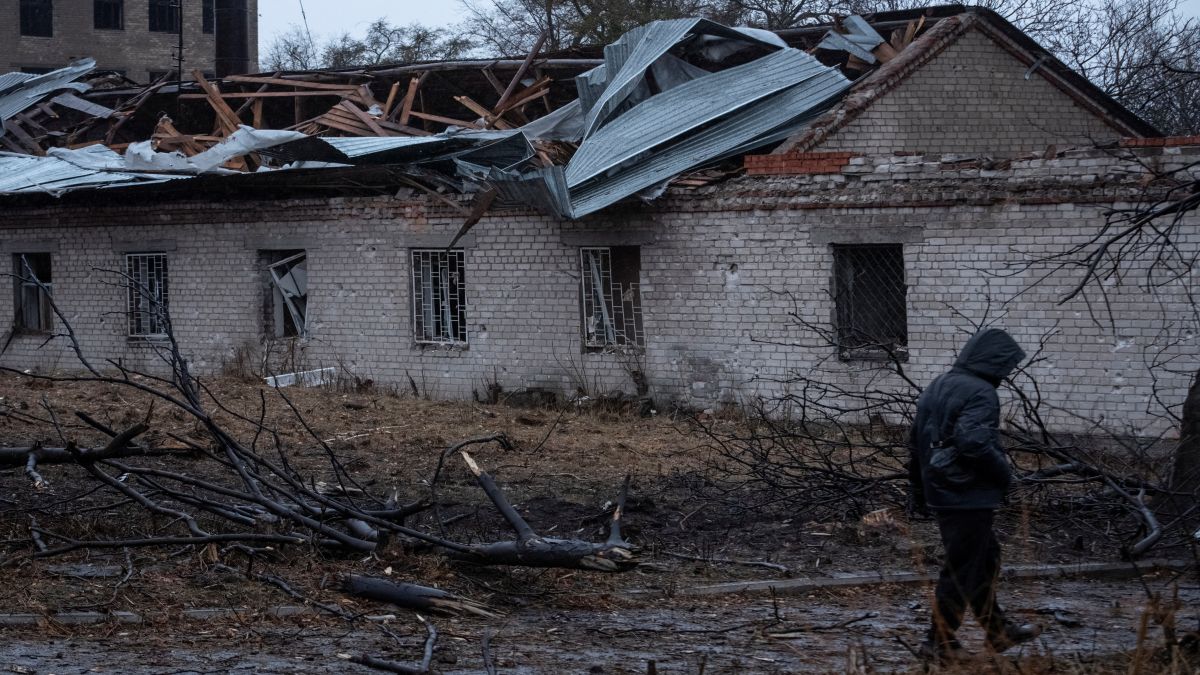)



)

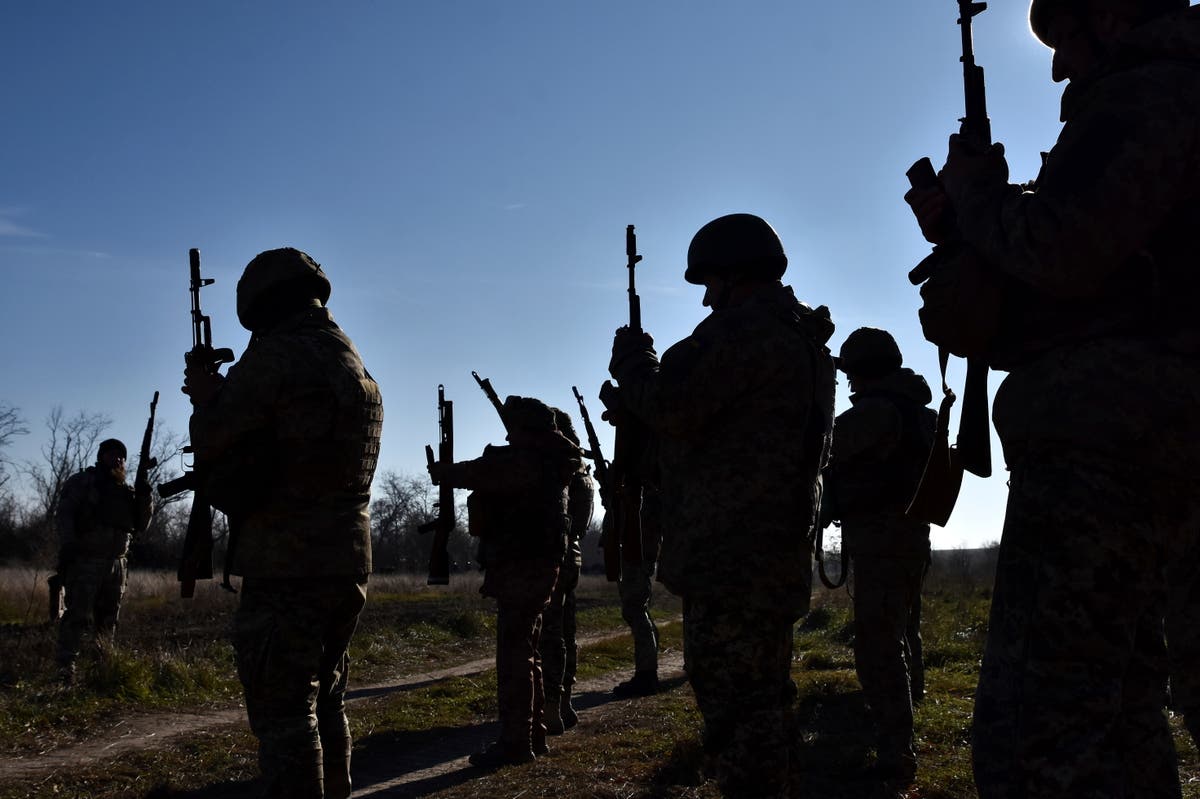
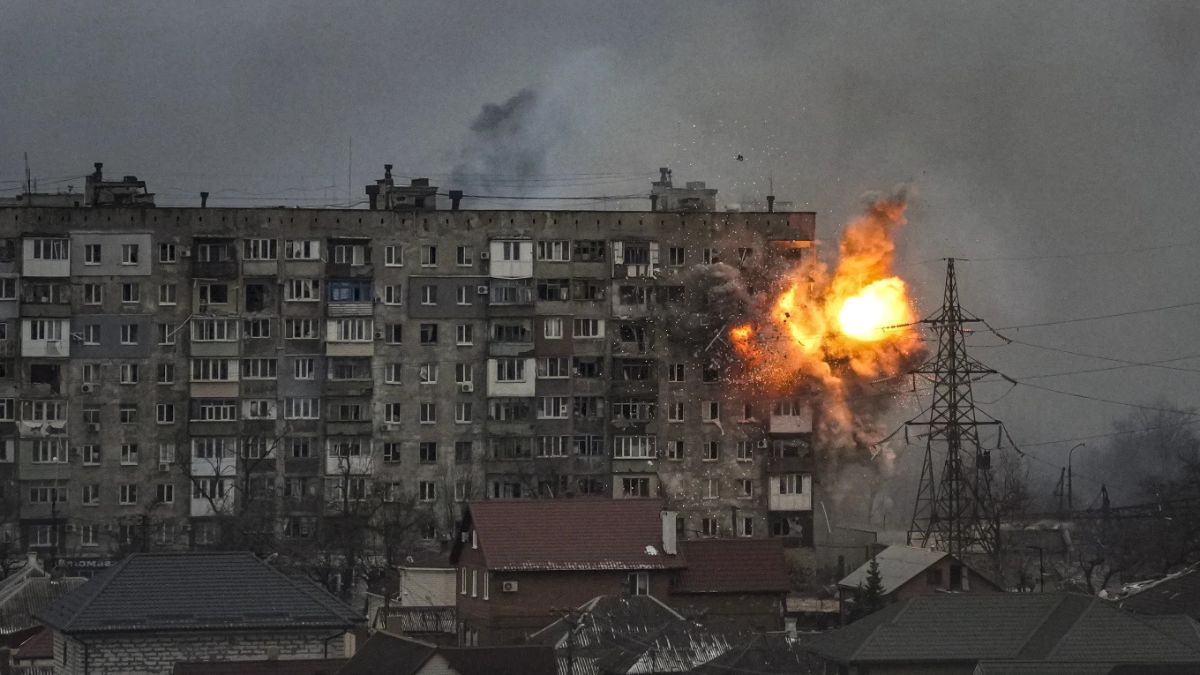

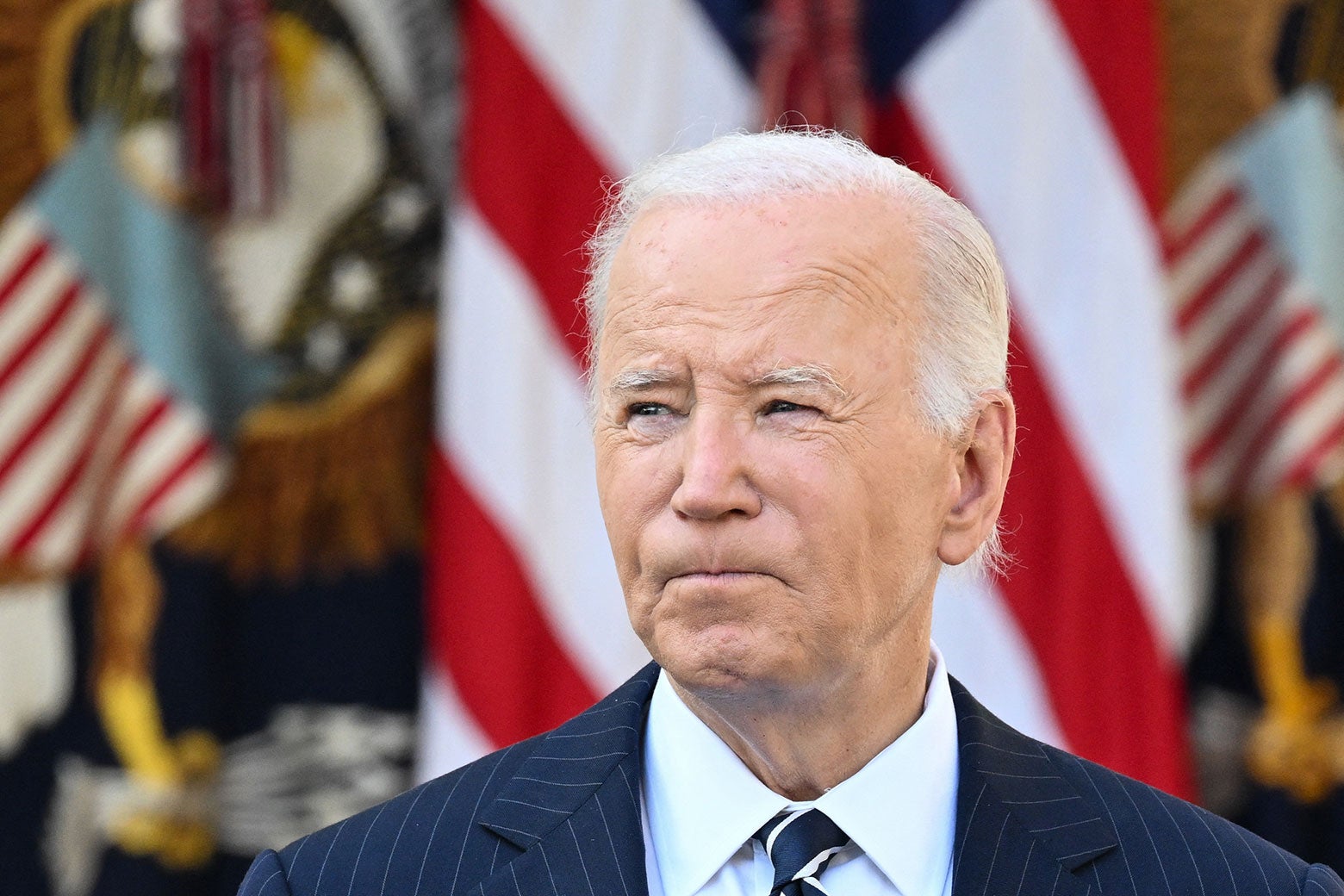

)
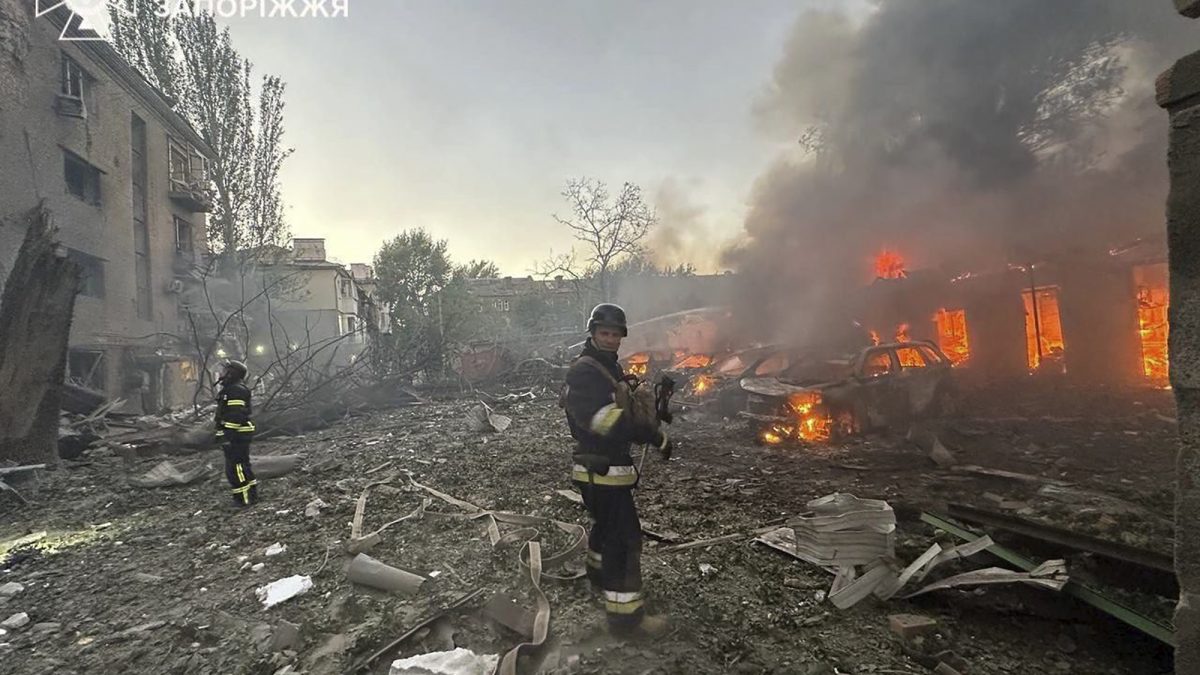)






)
